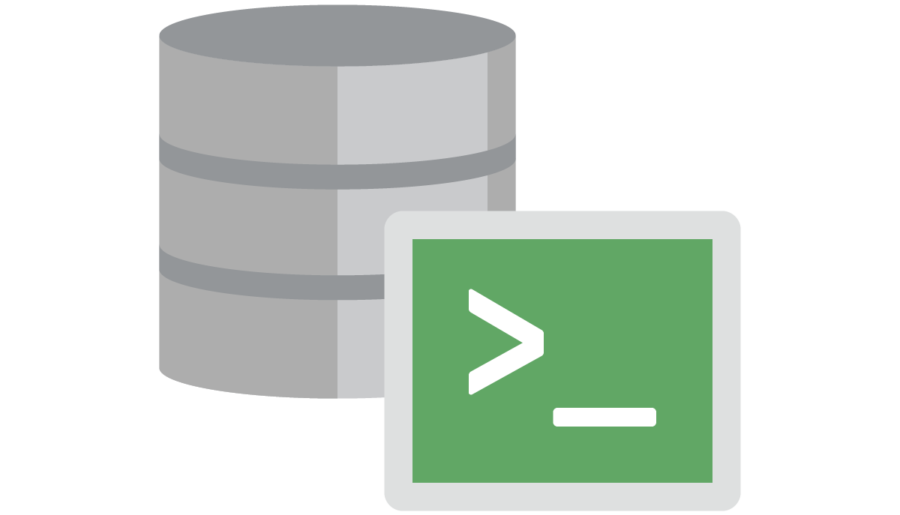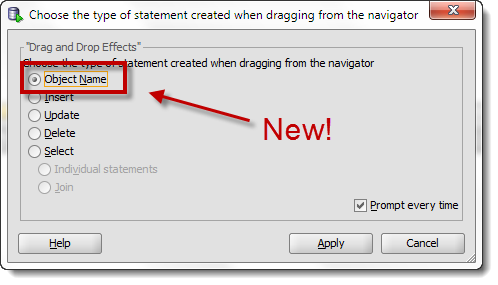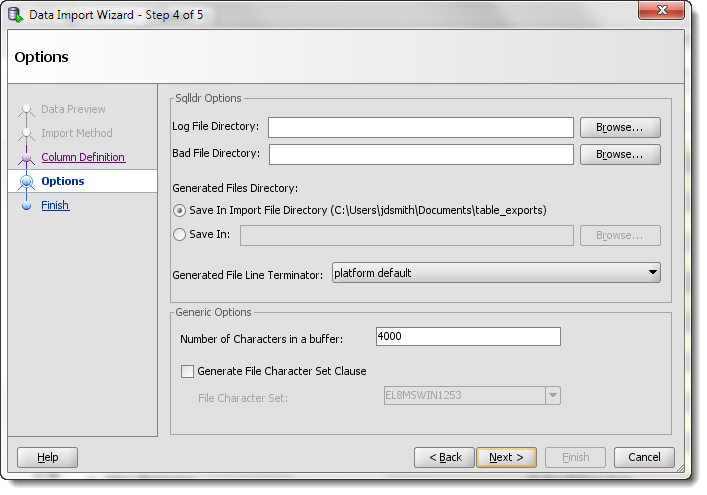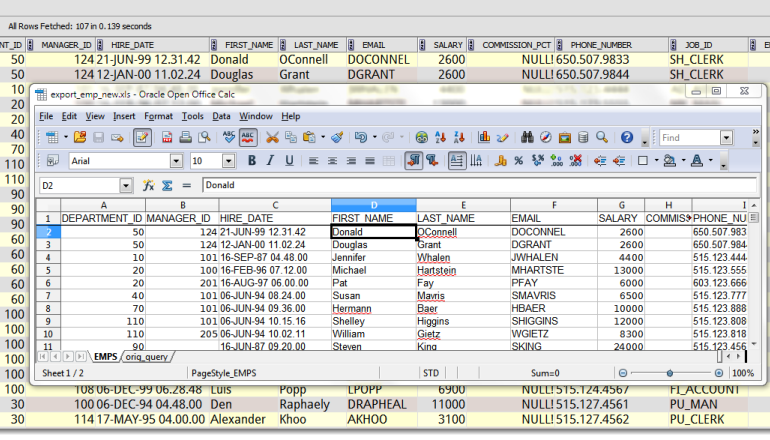One of the challenges I face as I try to share tips about our software is that I tend to assume there are features that you just ‘know about.’ Either they’re so intuitive that you MUST know about them, or it’s a feature that I’ve been using for so long I forget that others may have never even seen it before. I want to cover two of those today – Describe (DESC) – SHIFT+F4 Floating…
How many Oracle databases do you work with on a regular basis? I’m guessing the answer for most of you lies between 1 and 500. This post is really geared for those of you who deal with more than just a handful (5) of database connections. Filters are nice when you need to work with a subset of table data, or even a list of tables. So why wouldn’t they be just as useful for…
Having trouble finding something? Maybe you’re just getting older? I know I am. But still, it’d be nice if my favorite database tool could help me out a bit. Hmmm, what’s this ‘Find Database Object’ thing over here…sounds like a search mechanism of some sort? You can access this panel from the ‘View’ menu. It’s a good bit down the screen, so I don’t blame you if you haven’t seen it before. It makes finding…
In the current issue of Oracle Magazine, I have an article that discusses how to copy and compare Oracle objects using Oracle SQL Developer. ‘Make the Easy Move’ was written using Oracle SQL Developer v3.1. As you know, version 3.2 was released several weeks ago, and one of the significant changes included was an update to the Database Diff feature. The short story: Previous versions of SQL Developer required the login of the schema that…
Parent – Child reports are pretty straightforward in Oracle SQL Developer. You have a ‘parent’ report, and then one or more ‘child’ reports which are based off of a value in a selected row or value from the parent. If you need a quick tutorial to get up to speed on the subject, go ahead and take 5 minutes 🙂 Shortly before I left for vacation 2 weeks agao, I got an interesting question from…
Quickly copying objects to a new environment is easy in SQL Developer. You simply go to the object in the tree and access the SQL page. However a few of our users were complaining that we weren’t including the object privileges that had been GRANTed in the SQL script. So after re-creating the object in another system, they would have to look at the Grants page and manually recreate those scripts. So in version 3.2,…
I’ve done a couple of posts on how to use SQL Developer to load your Excel files to an Oracle table. However, I always wonder how many folks realize there may be a ‘better way.’ If you are loading data to Oracle on a regular basis, there’s a few things I want you to know about: SQL*Loader Data Pump External Tables SQL*Loader is a client tool. It runs on your desktop and connects to the…
How to import data from Excel or CSV to a NEW table in your Oracle database using Oracle SQL Developer.
Create AND load the table with one wizard.
After a VNC session with the always brilliant @bamcgill, I now know how to rename a worksheet. So when you open a worksheet, it’s attached to a database connection. The worksheet name is a property, and it defaults to the connection name. So you DO you have a lot of control over the worksheet name. This is the primary reason I advocate using well thought out names for your connections. But maybe you want to…
Our stored procedures often capture information and store that data as a string or number. But sometimes we need to process more than just a single value. PL/SQL allows you to do this via collections. Now, if you’re looking for help getting started with collections, I would start with Using PL/SQL Collections and Records Oracle Docs The PL/SQL Guru, Steven Feuerstein Once you have a program working, and you want to know what your data…







